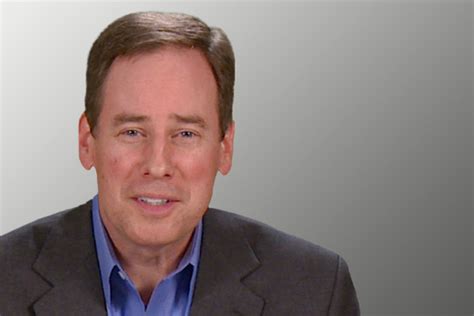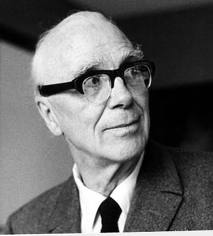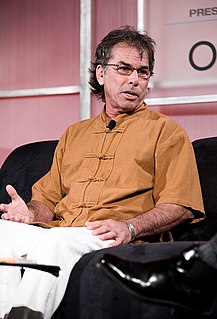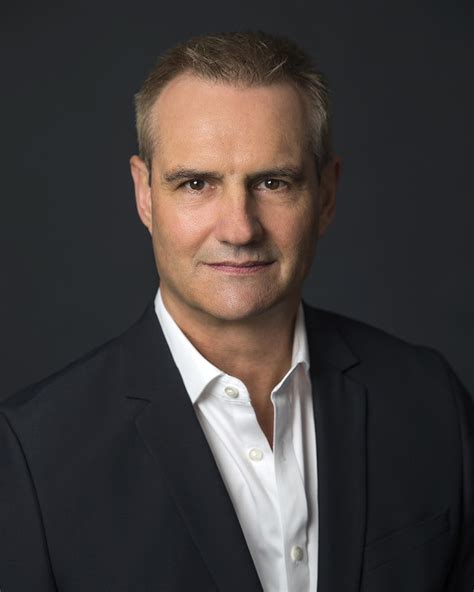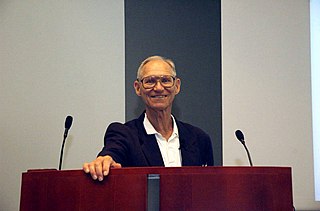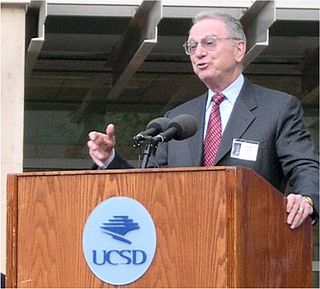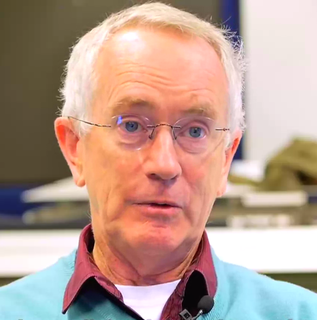Top 1200 Software Engineering Quotes & Sayings - Page 3
Explore popular Software Engineering quotes.
Last updated on November 8, 2024.
Energy Engineering started first in IIT Kharagpur in 1983 and mine was the third batch. It was definitely not a popular course. It was basically an amalgamation of nuclear, mechanical, chemical engineering, etc. But I don't think it was a big factor because if we look, most of them joined the IT sectors and not the energy sector.
One of the big changes at the heart of Web 2.0 is the shift from the creation of software artifacts, which is what the PC revolution was about, to the creation of software services. These are services that ultimately, if they are successful, will require competencies of operation, of scale, and the like.
Testing by itself does not improve software quality. Test results are an indicator of quality, but in and of themselves, they don't improve it. Trying to improve software quality by increasing the amount of testing is like trying to lose weight by weighing yourself more often. What you eat before you step onto the scale determines how much you will weigh, and the software development techniques you use determine how many errors testing will find. If you want to lose weight, don't buy a new scale; change your diet. If you want to improve your software, don't test more; develop better.
Oracle is my second job ever that did not involve waitressing. But I still have my waitress apron just in case this does not work out. It's just that I fell in love with software when I was programming in college. When I was an investment banker, there were mostly mainframe companies and very few software ones.
One can expect the human race to continue attempting systems just within or just beyond our reach; and software systems are perhaps the most intricate and complex of man's handiworks. The management of this complex craft will demand our best use of new languages and systems, our best adaptation of proven engineering management methods, liberal doses of common sense, and a God-given humility to recognize our fallibility and limitations.
Microsoft Research has a thing called the Sense Cam that, as you walk around, it's taking photos all the time. And the software will filter and find the ones that are interesting without having to think, 'Let's get out the camera and get that shot.' You just have that, and software helps you pick what you want.

